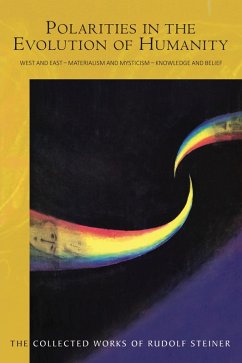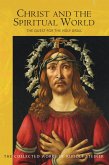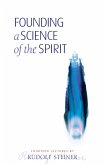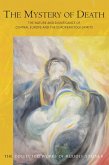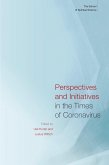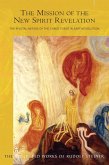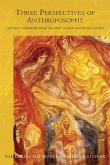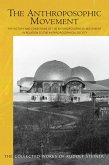These eleven lectures were given in post-war Stuttgart against a backdrop of struggle and uncertainty - not only within society at large but also within the anthroposophical movement. Rudolf Steiner and his supporters were working to introduce 'threefold' social ideas and - given Steiner's public profile - were coming under increasing personal and sometimes physical attack.
Steiner responds to this turbulent situation by revealing the spiritual background to the forces of decline working in contemporary civilization. He speaks of retrogressive powers - spiritual beings referred to as luciferic or ahrimanic - that work directly into human culture, manifesting, for example, in what he refers to as the 'initiation streams' of Western secret societies, the Church-allied impulse of Jesuitism and the Bolshevik force of Leninism. The spiritual agents of adversity also encourage polarised thinking and false opposites such as East verses West, materialism and mysticism, or knowledge and belief. Only the threefold principle - represented by Christ - allows us to create a balance in the midst of these existential conflicts.
This freshly-reworked translation is complemented with notes, an index and an introduction by Matthew Barton.
Dieser Download kann aus rechtlichen Gründen nur mit Rechnungsadresse in A, B, BG, CY, CZ, D, DK, EW, E, FIN, F, GR, H, IRL, I, LT, L, LR, M, NL, PL, P, R, S, SLO, SK ausgeliefert werden.

